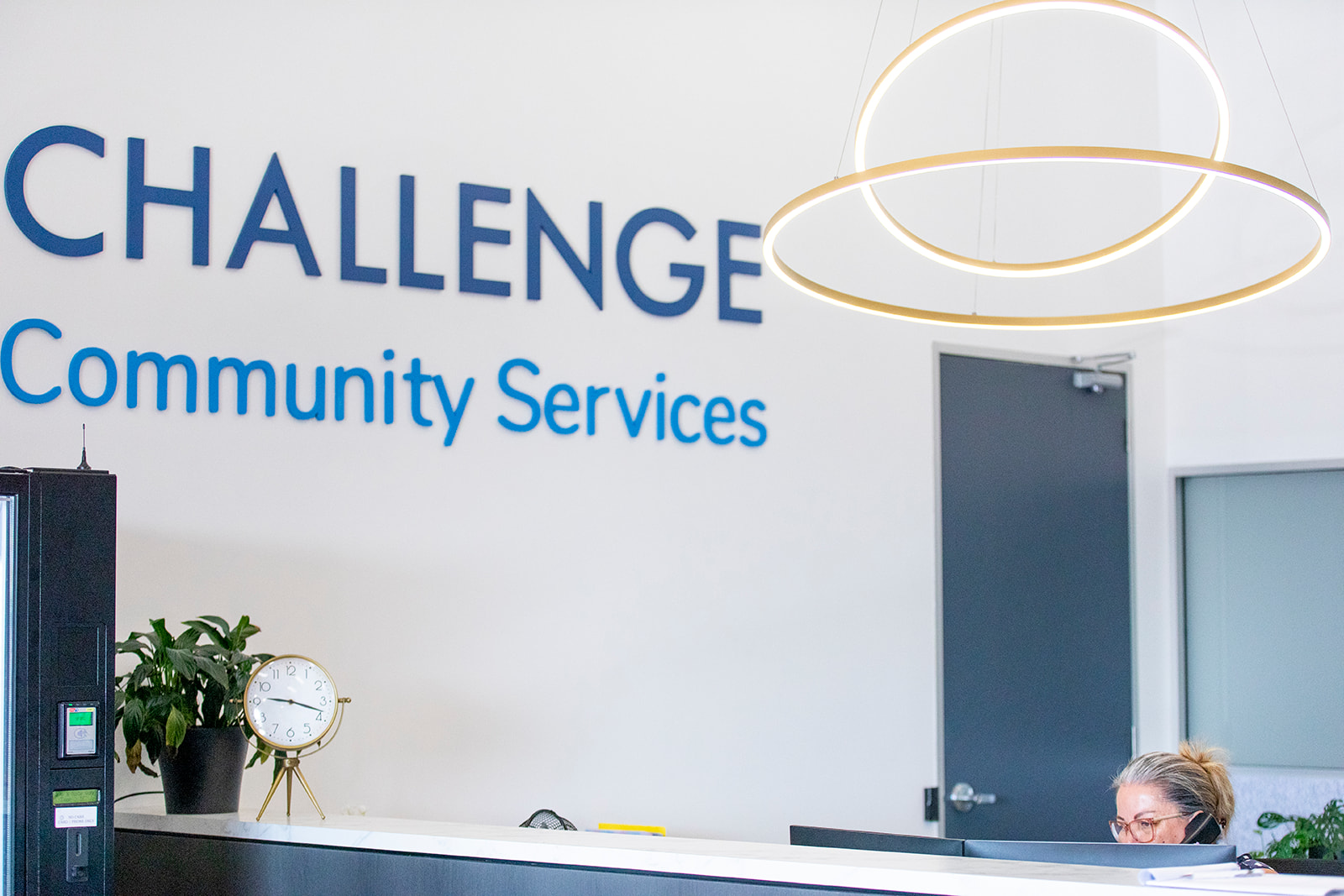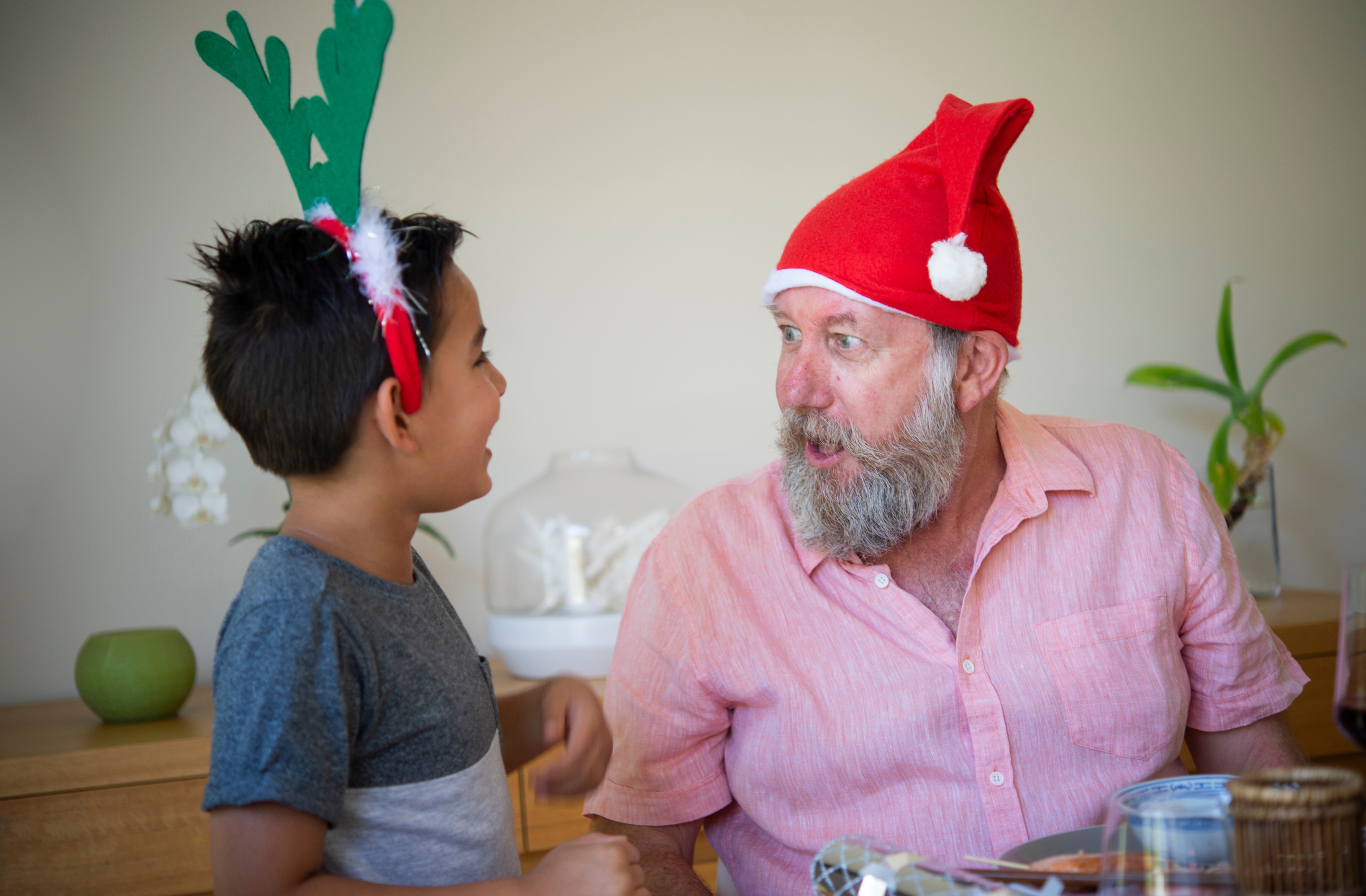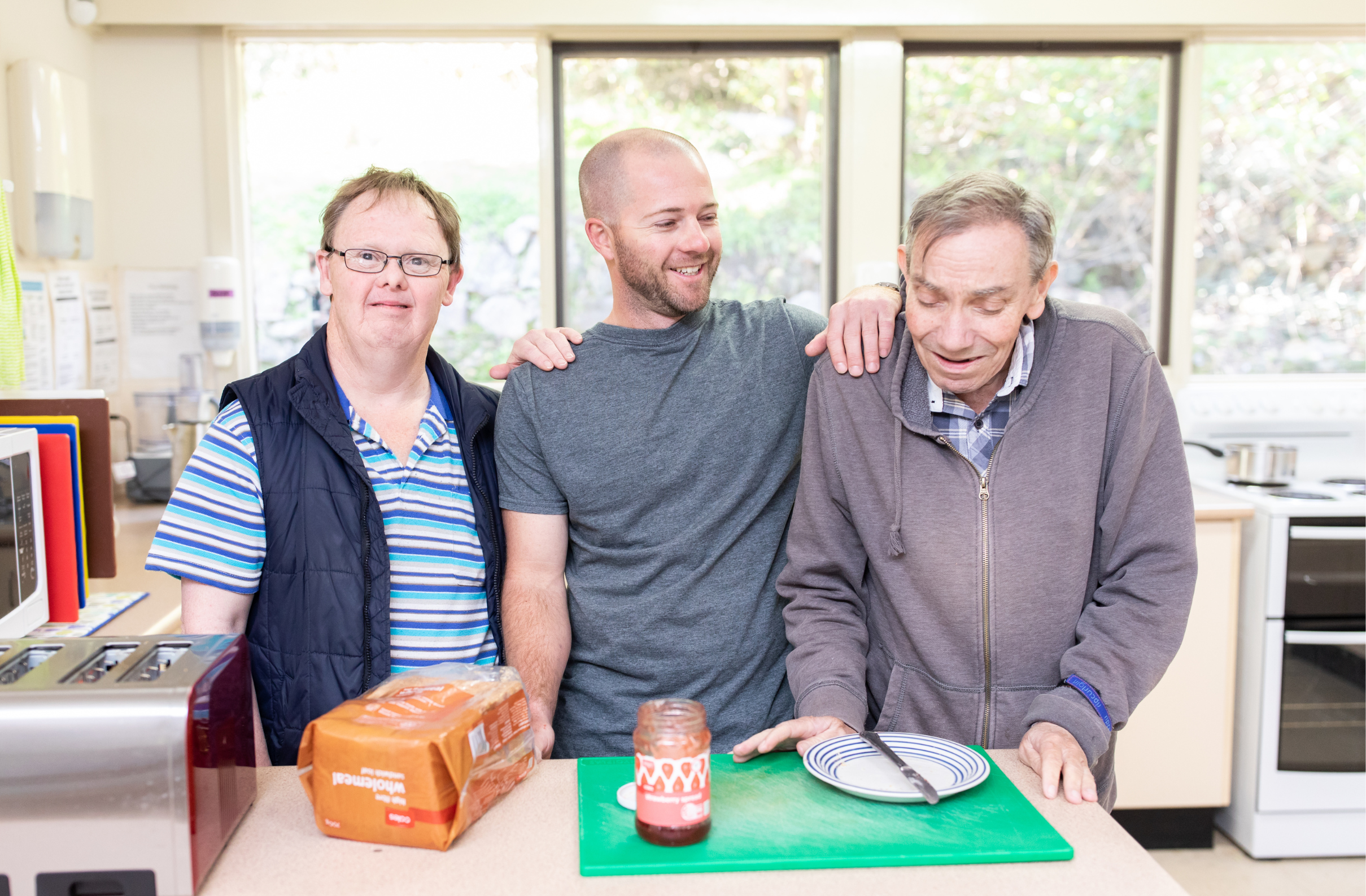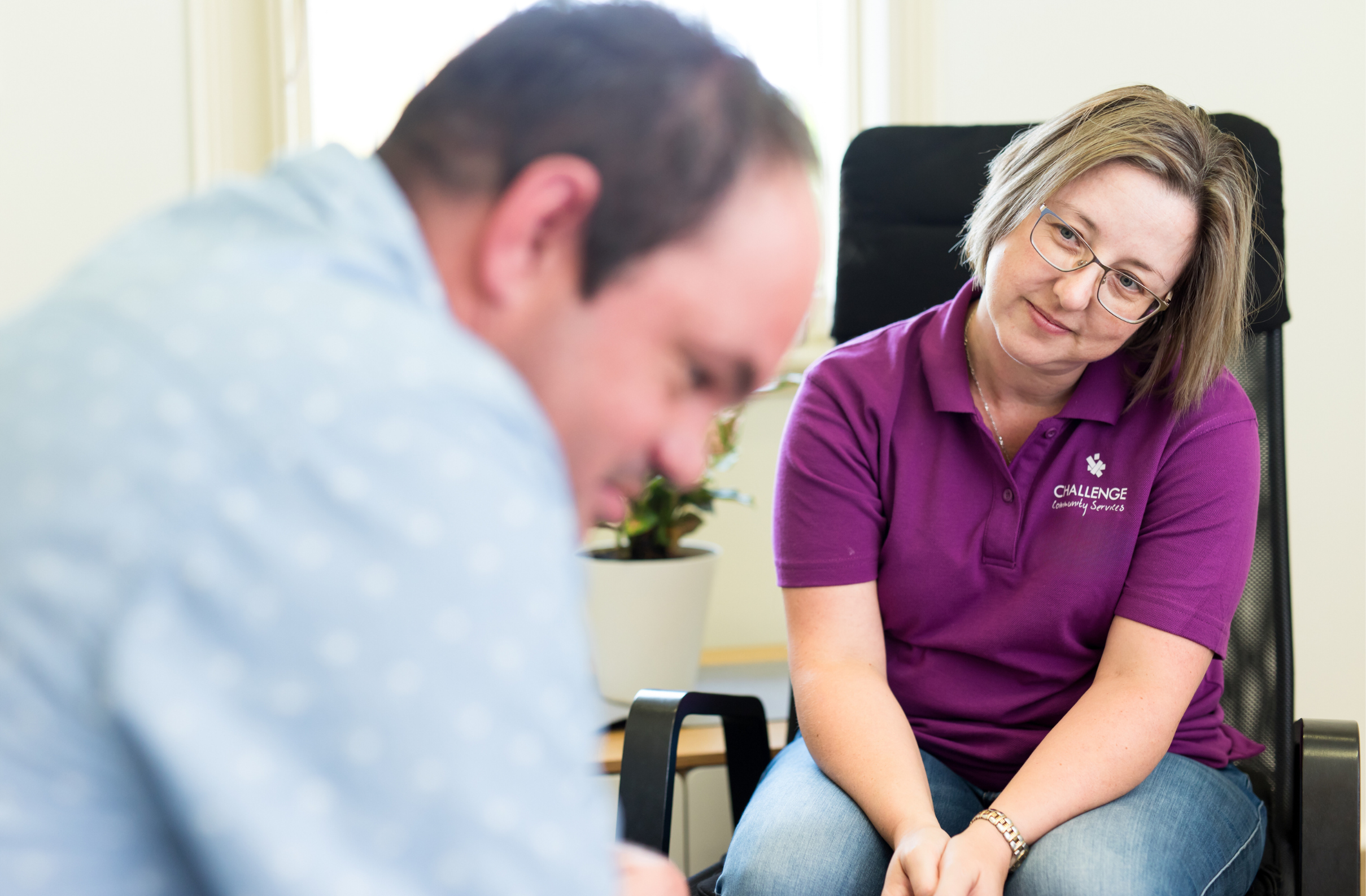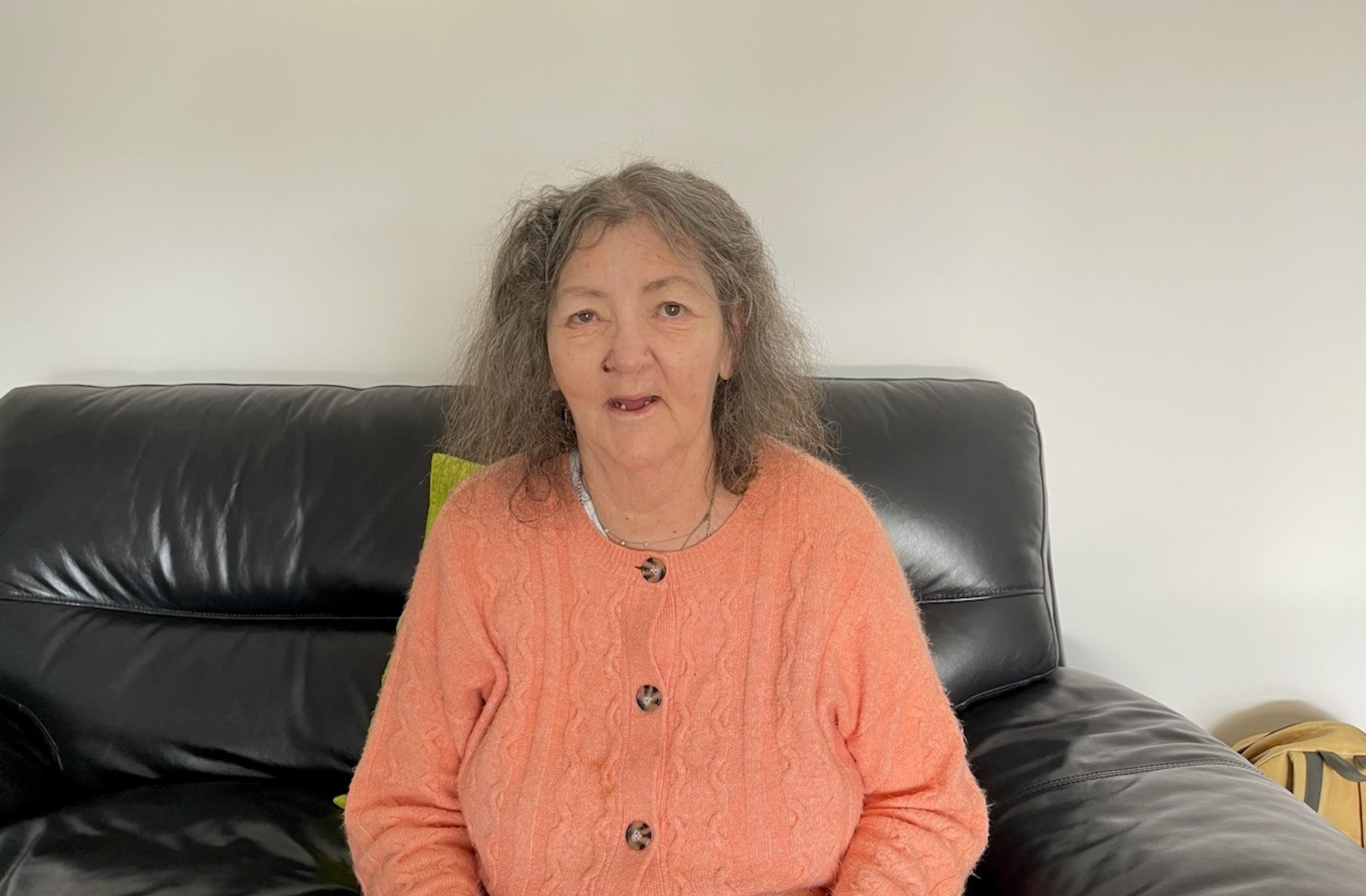For the first time since she was eighteen years old, Alison no longer had any children living under her roof. Her youngest son had moved out of home and she’d begun a new stage of life with her husband. This was short-lived when half a year later her six-month old granddaughter Macie came into their care. After the tumultuous experience with the family law court they were granted permanent orders as kinship carers and then they were on their own to care for an infant. It had been almost twenty years since Alison had cared for a baby. She says, “I had to relearn how to parent.”
Alison sought out information where available and accessed the carer allowance but there were very little supports to be found. There was certainly no manual on how to be a kinship carer. She found day care for Macie while she worked and adjusted to life with a young child in her care.
When Macie was ten years old, she was diagnosed with Foetal Alcohol Disorder (FAD). This came after many specialist assessments and incorrect diagnoses. In particular, Macie has difficulties with memory loss and forgetfulness. The diagnosis of FAD provided Alison with validation for her concerns and gave her a course of treatment to focus on rather than the behaviour. They had accessed psychologists in the private and public sector for many years when they met Danielle through another provider. When Danielle moved to Challenge Therapeutic Services, the family decided due to the high level of trust Macie had with her psychologist they would ensure continuity of care by moving to Challenge too.
Macie has been seeing Danielle on a fortnightly basis for the past two years. This is Macie’s personal space which empowers her to build on strategies to manage her individual worries. Alison and her husband are informed by Danielle what needs to be implemented in the home and it’s this family-focussed approach to Macie’s treatment which Alison really loves. She particularly admires the inclusiveness and wholistic approach that Challenge adopts with the families in their service. The skills Macie has learnt through therapy, has had a substantial impact on their family.
Parenting is an exhaustive job, but when you have a child with specific needs it can be particularly hard and isolating. For Alison, every day requires self-awareness, close monitoring of language used and frequently checking in with Macie. Alison says, “our life is very repetitive.” From reminding Macie to brush her teeth to deciding which bin an item of rubbish must be discarded in, it’s a fine balance between providing support and fostering independence. The therapeutic input from Challenge provides Alison with the tools, a language (specific key words) that she can use to deescalate a situation, explore Macie’s feelings and work on alternate outcomes before it all goes sour.
Macie is now fifteen years old and attending school. Alison reports that Macie is now more aware of herself and her feelings. She can say when she’s feeling sad or angry and use the skills she’s learnt to calm herself down. This has been a really big step for her.
What is Alison’s advice to other carers who are living with the challenges of a child with special needs? “Go with your gut,” she says. “Find people who will listen to you and take on board what you are saying.” For Alison, she loves that Challenge have passionate psychologists that look at the whole family not just the person with a disability. They are concerned with the impact on the whole family. This has made the world of difference for their family.
For more information on Therapeutic Services available please phone Challenge on 1800 795 411 or click here to make an enquiry online.
You can find out more about foster care and how to become a foster carer with Challenge by calling 1800 084 954 or email fostercare@challengecommunity.org.au.



